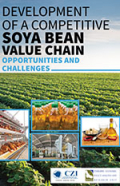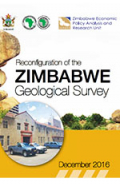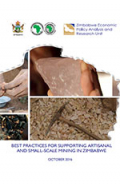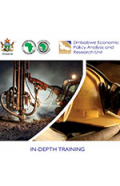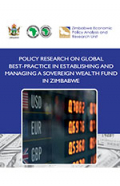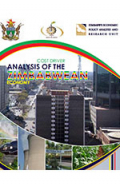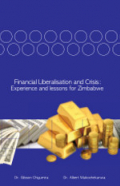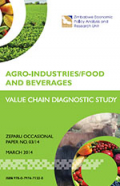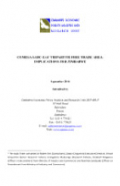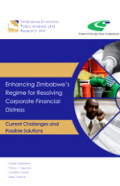Over the last decade, Zimbabwe’s Competitiveness in the soya been market has sharply declined. The country’s soya is currently not competitive domestically and regionally.
Research Studies
The original purpose of Geological Surveys, namely to map the geology and mineral resources of nations, remains the primary role of most Geological Surveys today.
This study was done for the Ministry of Mines and Mining Development with funding from Governance and Institutional Support Project (GISP) under African Development Bank (AfDB) Grant No. 5900155026366.
The Zimbabwe minerals sector tends to be knowledge-intensive and accordingly needs ‘priming’ through investment in human resource development and research & development. This study undertook an in-depth training needs assessment of all the key stakeholders and institutions, in the mineral sector with a view to understand the existing skill and knowledge gaps among key institutions and stakeholders.
The study attempted to estimate the implications of changes in prices on fiscal revenue on one hand, and those of changes in tax on mining industry viability on the other hand. The study generated useful insights and recommendations which we will consider in our deliberations on the mining fiscal regime, in particular, and mining sector policy management, in general.
This study was done for the Ministry of Mines and Mining Development with funding from Governance and Institutional Support Project (GISP) under African Development Bank
This study was carried out to conduct an evaluation of cost drivers affecting the competitiveness of Zimbabwean businesses.
This paper provides a synopsis of the international and country experiences with financial liberalization/reform.
Agriculture is the backbone of the Zimbabwean economy with the rural majority deriving their livelihood from agriculture and other related agricultural economic activities.
Zimbabwe had a vibrant and diversified engineering and metals sector which dominated the SADC region (except for South Africa) prior to the decade long.
Zimbabwe along with 252 countries in COMESA, SADC and EAC agreed to roll out a Tripartite Free Trade Area (TFTA) in 2008 with the aim of establishing a larger market and creating a single economic space encompassing the three regional economic communities. This report provides an analysis and evaluation of the impact of the TFTA on Zimbabwe.
Company closures are a cause of great competition concern since they result in the removal of competitors and increase in concentrations in the relevant markets, and this facilitates and promotes monopolization and cartelization, which are prohibited restrictive business practices under the Competition Act [Chapter 14:28]. Competition and Tariff Commission (CTC) collaborated with the Zimbabwe Economic Policy Analysis and Research Unit (ZEPARU) in undertaking this study to set up a policy framework on bankruptcy prevention in Zimbabwe.





